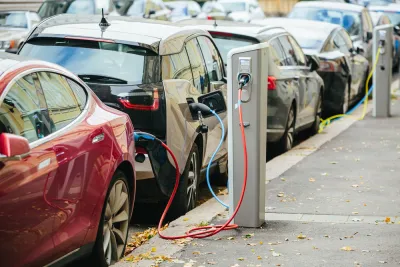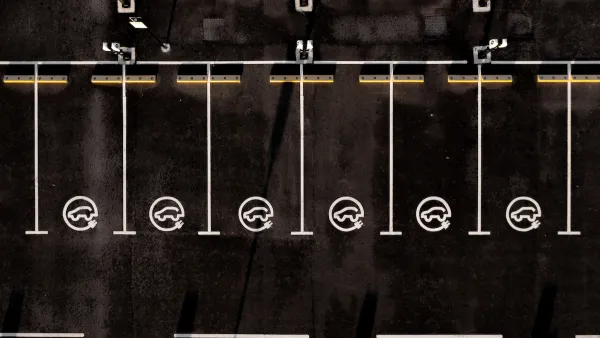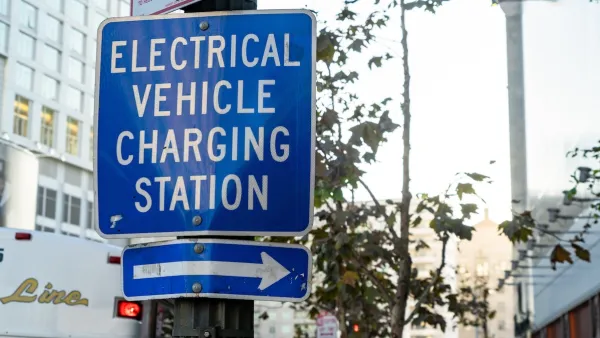Advocates warn that an inequitable distribution of EV charging facilities could lead to ‘charging deserts’ that will prevent widespread adoption of EVs in low-income communities.

The recently passed Inflation Reduction Act (IRA), among other federal programs, creates incentives that encourage the adoption of electric vehicles and supports the development of a nationwide EV charging network. However, some advocates worry that the infrastructure and incentives won’t reach the poorest communities—the people most impacted by the effects of pollution from fossil fuel-powered vehicles.
A piece by Brett Marsh in Grist highlights the uneven distribution of charging infrastructure, which is often difficult to find in low-income areas, comparing the problem to so-called ‘food deserts.’ “If there are neighborhoods that are already food deserts, why expect them to have a charging station or three?”
According to Marsh, “Charging stations are more likely to be found in dense clusters in wealthier and generally whiter urban areas. Drive, or walk, through a low-income community of color or a rural area, and you would be hard-pressed to find a charging station.” Presently, incentive programs for buying electric vehicles benefit wealthier households most.
Activists note that the inequitable rollout of EV infrastructure reflects historical patterns. “Activists and community members in neighborhoods of color have reflected on the missed opportunities of previous massive national infrastructure projects,” such as the interstate highway system. Advocates for low-income communities hope that they won’t once again be left behind.
FULL STORY: To Ensure Access to Electric Cars, Some Activists Are Calling Attention to ‘Charging Deserts’

Analysis: Cybertruck Fatality Rate Far Exceeds That of Ford Pinto
The Tesla Cybertruck was recalled seven times last year.

National Parks Layoffs Will Cause Communities to Lose Billions
Thousands of essential park workers were laid off this week, just before the busy spring break season.

Retro-silient?: America’s First “Eco-burb,” The Woodlands Turns 50
A master-planned community north of Houston offers lessons on green infrastructure and resilient design, but falls short of its founder’s lofty affordability and walkability goals.

Test News Post 1
This is a summary

Analysis: Cybertruck Fatality Rate Far Exceeds That of Ford Pinto
The Tesla Cybertruck was recalled seven times last year.

Test News Headline 46
Test for the image on the front page.
Urban Design for Planners 1: Software Tools
This six-course series explores essential urban design concepts using open source software and equips planners with the tools they need to participate fully in the urban design process.
Planning for Universal Design
Learn the tools for implementing Universal Design in planning regulations.
EMC Planning Group, Inc.
Planetizen
Planetizen
Mpact (formerly Rail~Volution)
Great Falls Development Authority, Inc.
HUDs Office of Policy Development and Research
NYU Wagner Graduate School of Public Service




























